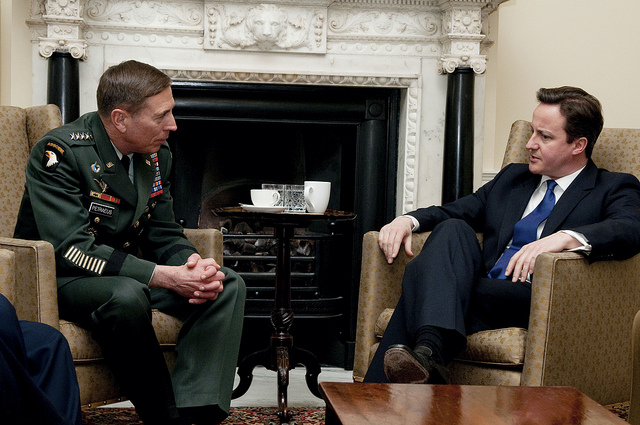Whistle-blowing website WikiLeaks published 200 emails on Tuesday hacked from a US private intelligence agency.
The computer hacking collective, Anonymous, obtained more than five million emails, covering dates between July 2004 and December 2011, from the servers of Texas based intelligence company Stratfor. WikiLeaks has announced that there will be a gradual release of all of the emails.
Stratfor positions itself as an intelligence alternative to journalism. A statement on WikiLeaks, however, describes this as a ‘front’, and draws into question Stratfor’s finances and links to large corporations such as the chemical company Dow.
The whistle-blowing site states that: “The emails show Stratfor’s web of informers, pay-off structure, payment laundering techniques and psychological methods.”
Stratfor founder and CEO George Freidman talks about his company
One string of emails, dated September 4 2011, shows Stratfor’s connections to the political elite.
In an email Stratfor Founder, George Freidman, offers to assist Former advisor to George W Bush, Karl Rove in arranging a meeting between Bush and the Indonesian president.
Correspondence between Friedman and a Stratfor analyst, Reva Bhalla, illuminates some of the methods used by the agency to obtain information.
Bhalla reports on the medical condition of Venezuelan president Hugo Chavez using information garnered from one of the medical team: “The Cuban medical diagnosis is 2 years. The Russian medical diagnosis, due to improper medical equipment, is less than one year.
“The source on the medical team complains that Chavez is a very ‘bad patient’.
“He doesn’t listen to his doctors, he ceases treatment when he has to make a public appearance.”
Freidman replies: “If this is a source you suspect may have value, you have to take control of him. Control means financial, sexual or psychological control to the point where he would reveal his sourcing and be tasked.
[quote_right]”If this is a source you suspect may have value, you have to take control of him. Control means financial, sexual or psychological control to the point where he would reveal his sourcing and be tasked.” – Freidman[/quote_right]“Each meeting would be planned between you and your handler and each meeting would have a specific goal not built around discussing the topic of interest which would ideally be hidden but in analyzing him personally and moving toward control.“The problem of analysts in the field is that they tend to want to discuss the topic, which raises the targets awareness, rather than focus on establishing the control relationship.
“To be effective your goal is the person and not the subject.
“This is intended to start our conversation on your next phase.”
The emails also show Stratfor providing regular updates to Dow Chemical Company about the activities of the activist group The Yes Men.
The Yes Men campaign for compensation for the victims of the Bhopal gas tragedy. Thousands died and many more have been left disabled as a result of a gas leak at a Dow Chemical owned pesticide plant in Bhopal, India in 1984.
One typical email reads: “Yes Man Andy Bichlbaum has travelled to Los Angeles for the “Occupy” action there.
“A short YouTube video shows him explaining he had “spent lots of time” at the Occupy New York protest and the LA version is ‘lovely, keep it up.’
“The Yes Men tweeted once this week, encouraging readers to join the Occupy.”
The emails also seem to suggest that Stratfor have provided their services to Coca-Cola by keeping them updated about the activities of PETA. PETA have campaigned against Coca-Cola for allegedly using animal testing in the development of their products.
In a statement to the media Stratfor said: “In December, thieves compromised Stratfor’s data systems and stole a large number of company emails, along with other private information of Stratfor readers, subscribers and employees.
“Those stolen emails apparently will be published by WikiLeaks. This is a deplorable, unfortunate — and illegal — breach of privacy.
“Some of the emails may be forged or altered to include inaccuracies; some may be authentic. We will not validate either.
“Nor will we explain the thinking that went into them. Having had our property stolen, we will not be victimized twice by submitting to questioning about them.”
At a press conference on Monday WikiLeaks founder Julian Assange said that this response was in line with advice offered by a senior Stratfor figure in one of the emails: “Admit nothing, deny everything, make counteraccusations”







